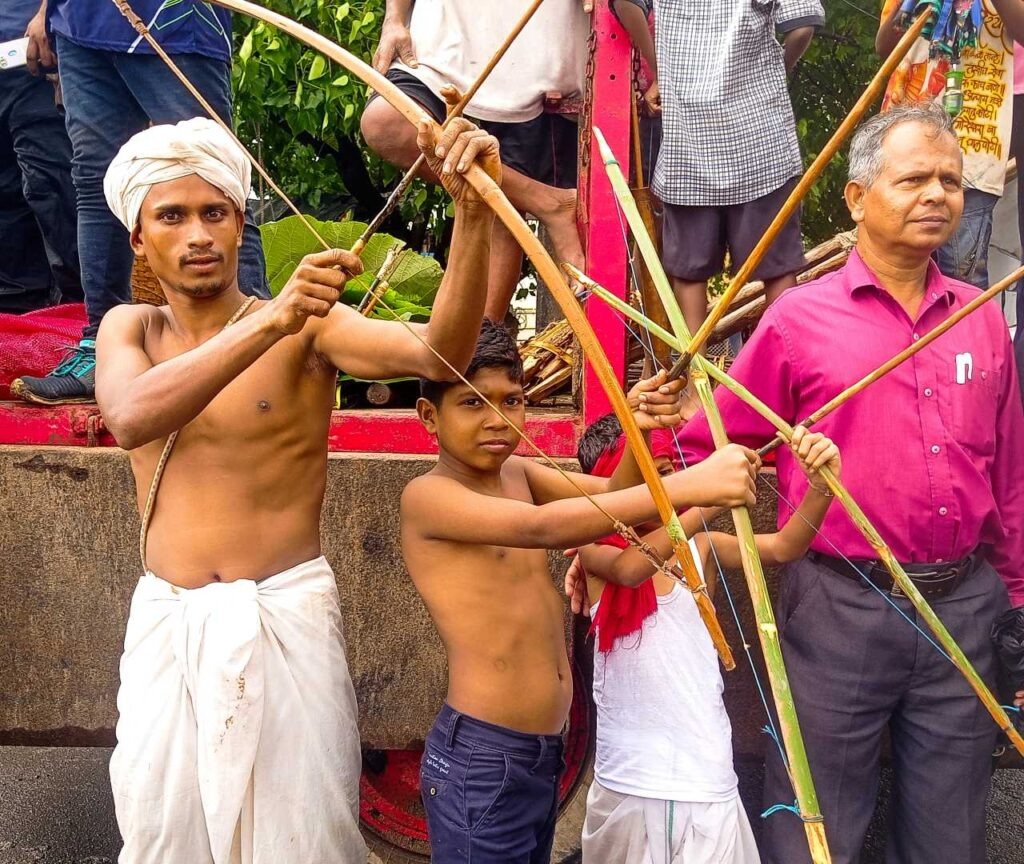International Day of the World’s Indigenous Peoples: Celebrating India’s Tribal Heritage and Rights
By Amit Kumar

Every year on August 9, the world observes the International Day of the World’s Indigenous Peoples
to recognize the rights, cultures, and contributions of Indigenous communities globally. In India, this
day holds special significance as it honors the rich heritage and diverse traditions of the country’s
vast tribal population, often referred to as Adivasis.
The United Nations first proclaimed this day in 1994, commemorating the inaugural meeting in 1982
of the UN Working Group on Indigenous Populations. Since then, it has been a key occasion to raise
awareness about the challenges Indigenous peoples face, including issues related to land rights,
social justice, and cultural preservation.
India is home to over 100 million Indigenous people, constituting around 8.6% of the country’s
population, spread across various states, including Jharkhand, Odisha, Madhya Pradesh,
Chhattisgarh, and the Northeast. These communities have contributed immensely to India’s cultural
mosaic through their languages, arts, and traditional knowledge, particularly in sustainable
environmental practices.
On this day, government agencies, NGOs, and tribal organizations across India hold cultural
programs, workshops, and awareness campaigns to highlight Indigenous peoples’ contributions and
advocate for their rights.
The global focus on preserving Indigenous languages resonates strongly in India, where many tribal
languages are endangered.
Internationally, the day also brings attention to broader issues such as Indigenous peoples’
participation in policymaking and sustainable development. India’s tribal communities continue to
play a vital role in biodiversity conservation and ecological balance.
As we mark this day, it is important to reaffirm our commitment to protecting the rights, dignity, and
heritage of India’s Indigenous peoples, honoring their invaluable contributions to the nation and the
world.
